
Blocking Aid
Gaza Under Siege
How Blocking Aid in Gaza Created a Humanitarian Catastrophe
Before October 7, 2023, approximately 2.1 million people lived in Gaza, making it one of the most densely populated areas in the world. The situation in Gaza took a drastic turn in 2007 when Israel imposed a blockade, significantly restricting the movement of goods and people into and out of the territory. This blockade has led to severe economic crises, limited access to medical care, and widespread humanitarian challenges. The combination of high population density and ongoing restrictions has created a dire environment for its residents, who have faced increasing hardships over the years.
Blocking aid to 2.1 million people carries dire implications, not only for the immediate survival of those affected but also for broader regional stability and humanitarian norms. It cultivates a breeding ground for desperation, leading to increased poverty, malnutrition, and potential unrest as individuals and families struggle to meet basic needs. The denial of essential resources exacerbates existing vulnerabilities, heightening the risk of disease and societal breakdown while undermining trust in institutions that are supposed to provide protection and support. Moreover, this decision sends a chilling message about the value of human life, challenging the moral and ethical frameworks that govern international aid and cooperation. In an interconnected world, the consequences of such actions ripple far beyond the immediate crisis.
In September 2024, the United Nations released a damning report detailing the dire famine conditions in Gaza, highlighting an unprecedented humanitarian crisis exacerbated by ongoing conflict and economic blockade. The document revealed that over 2 million people are facing acute food insecurity, with over half of the population unable to meet their daily nutritional needs. The report called for immediate international intervention and humanitarian aid, stressing that without urgent action, the situation could spiral further into catastrophe. As starvation looms, the need for bold, decisive measures has never been clearer, demanding a united global response to alleviate the suffering of the people caught in this relentless tragedy.
Click on images for sources
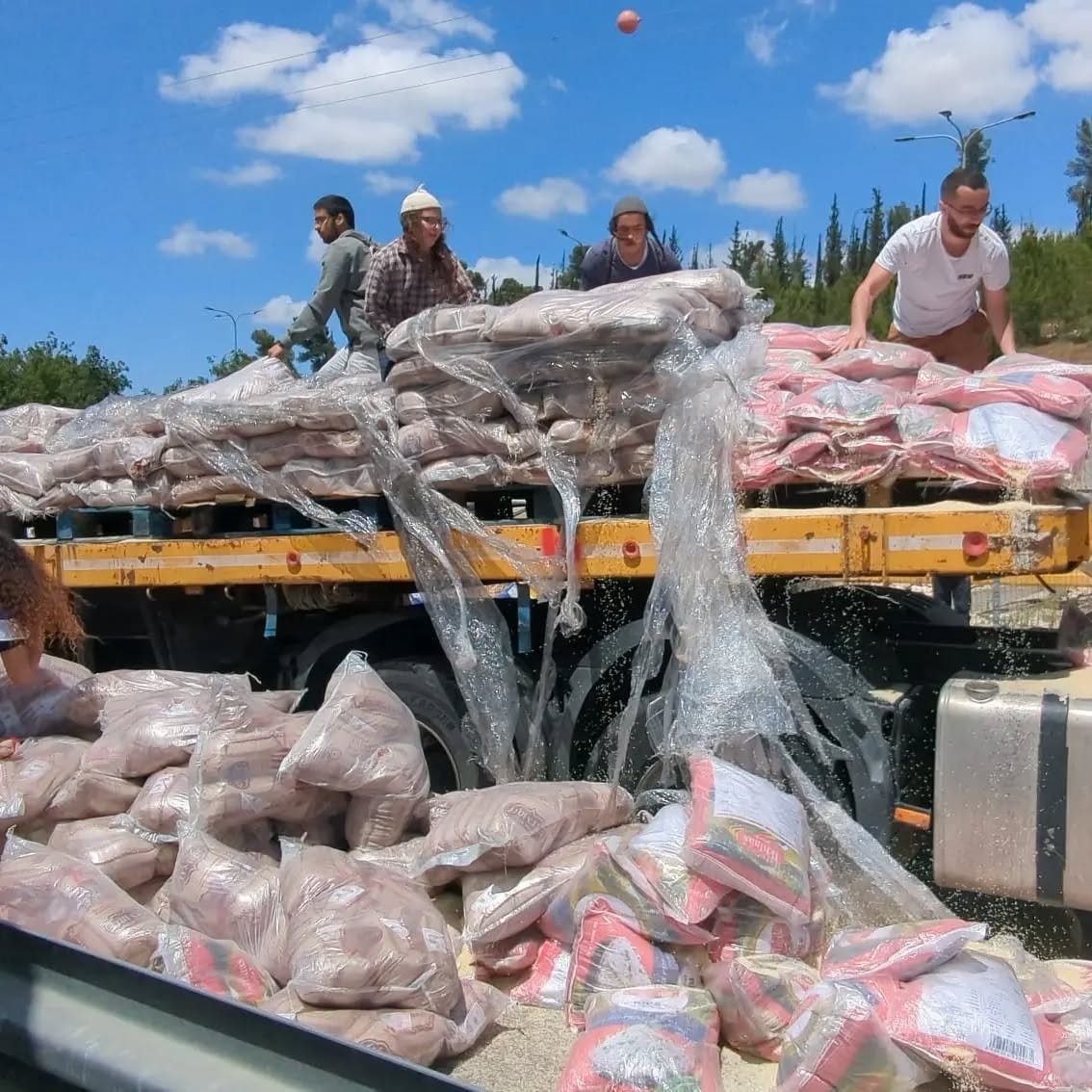
Photo by Yesh Din
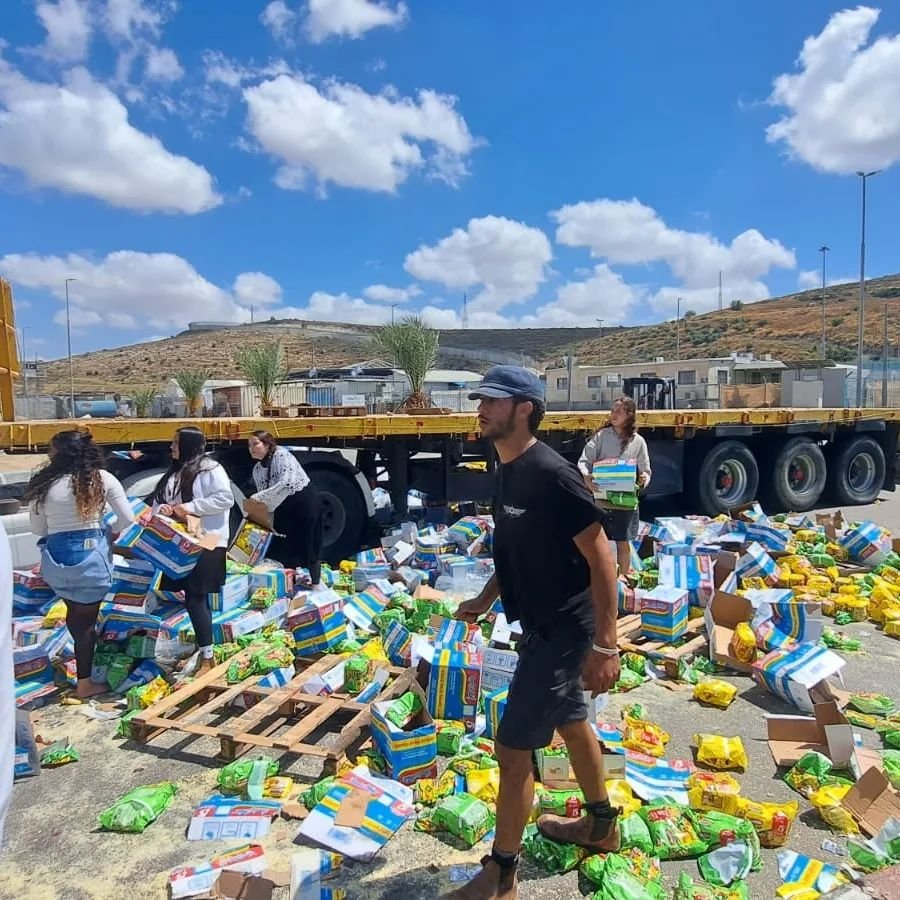
Photo by Yesh Din
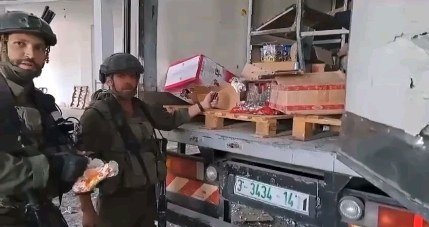
Video by Izzat Karaki
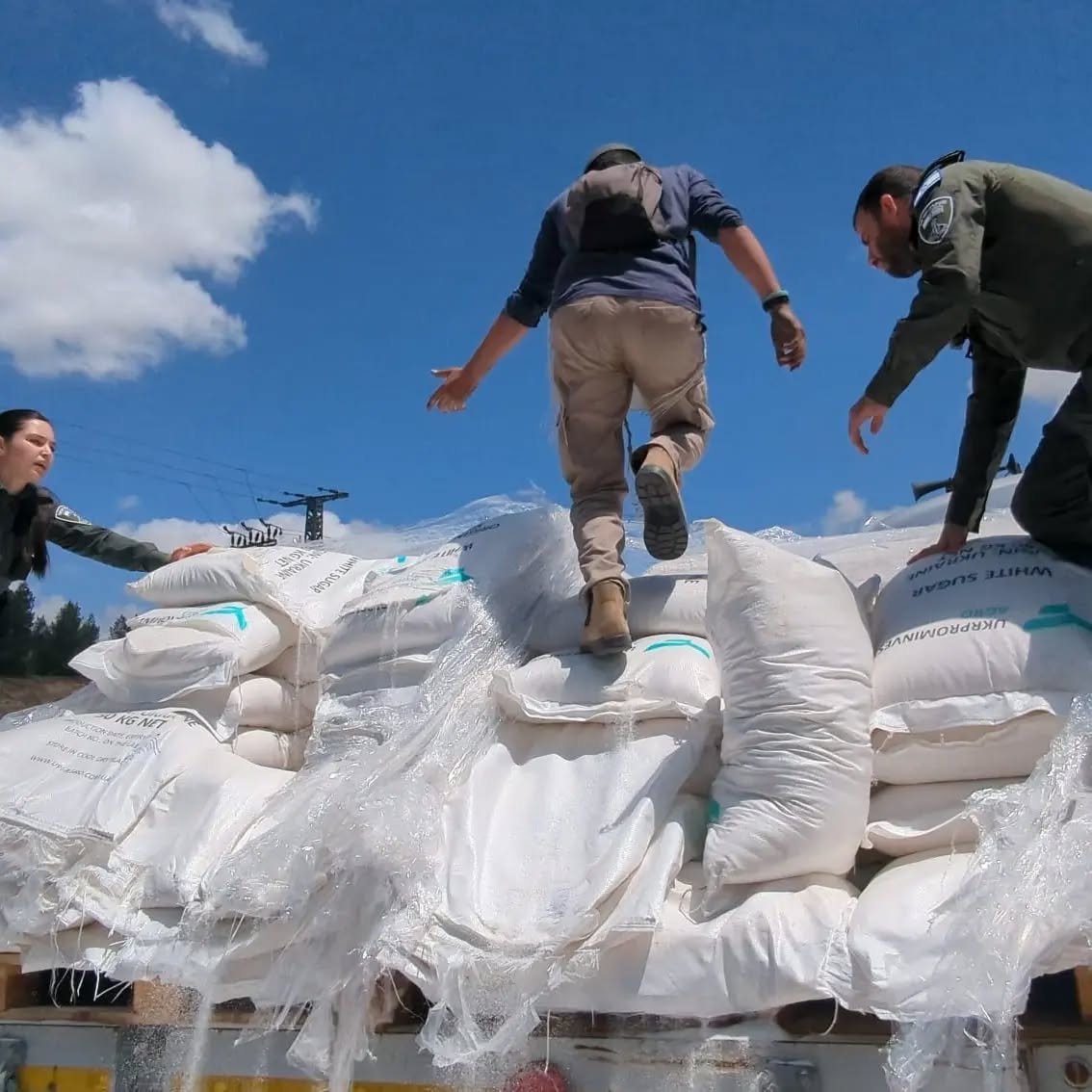
Photo by Yesh Din
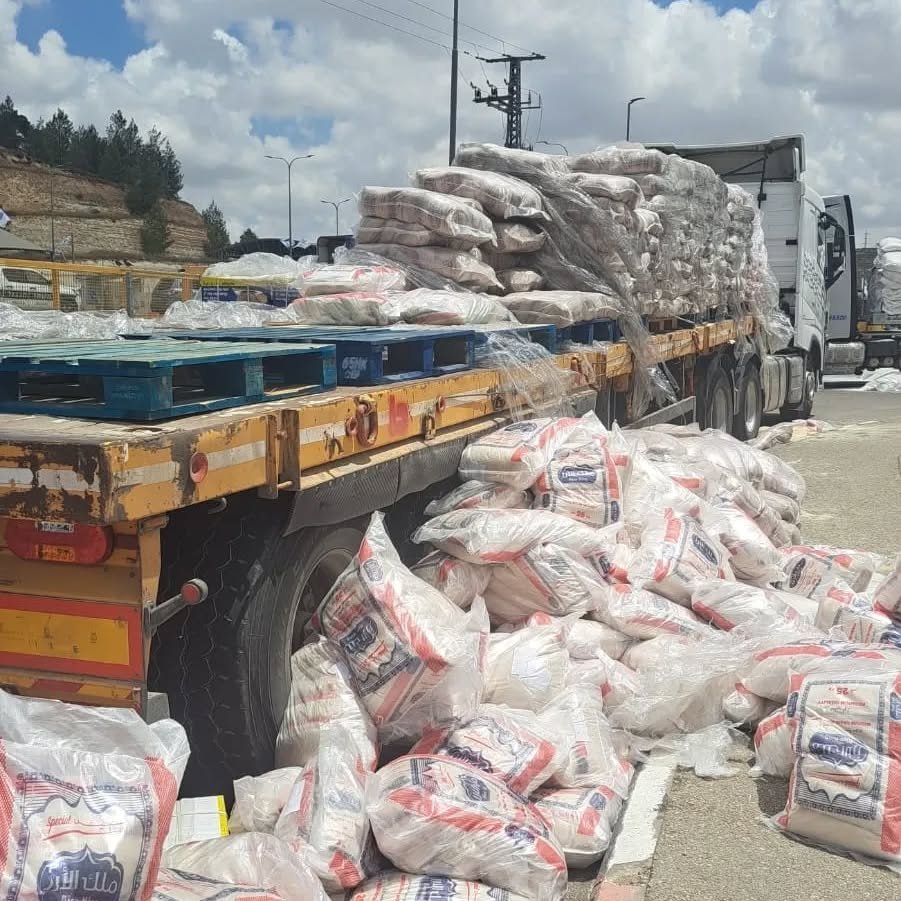
Photo by Yesh Din

Photo by Yesh Din
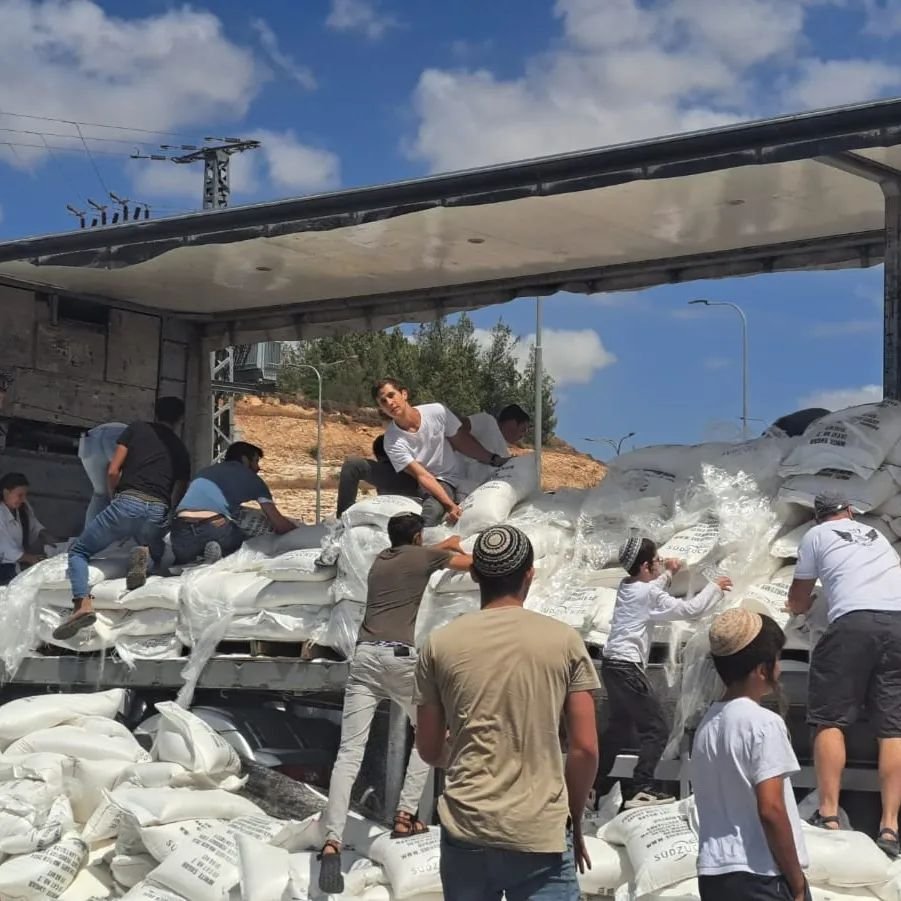
Photo by Yesh Din
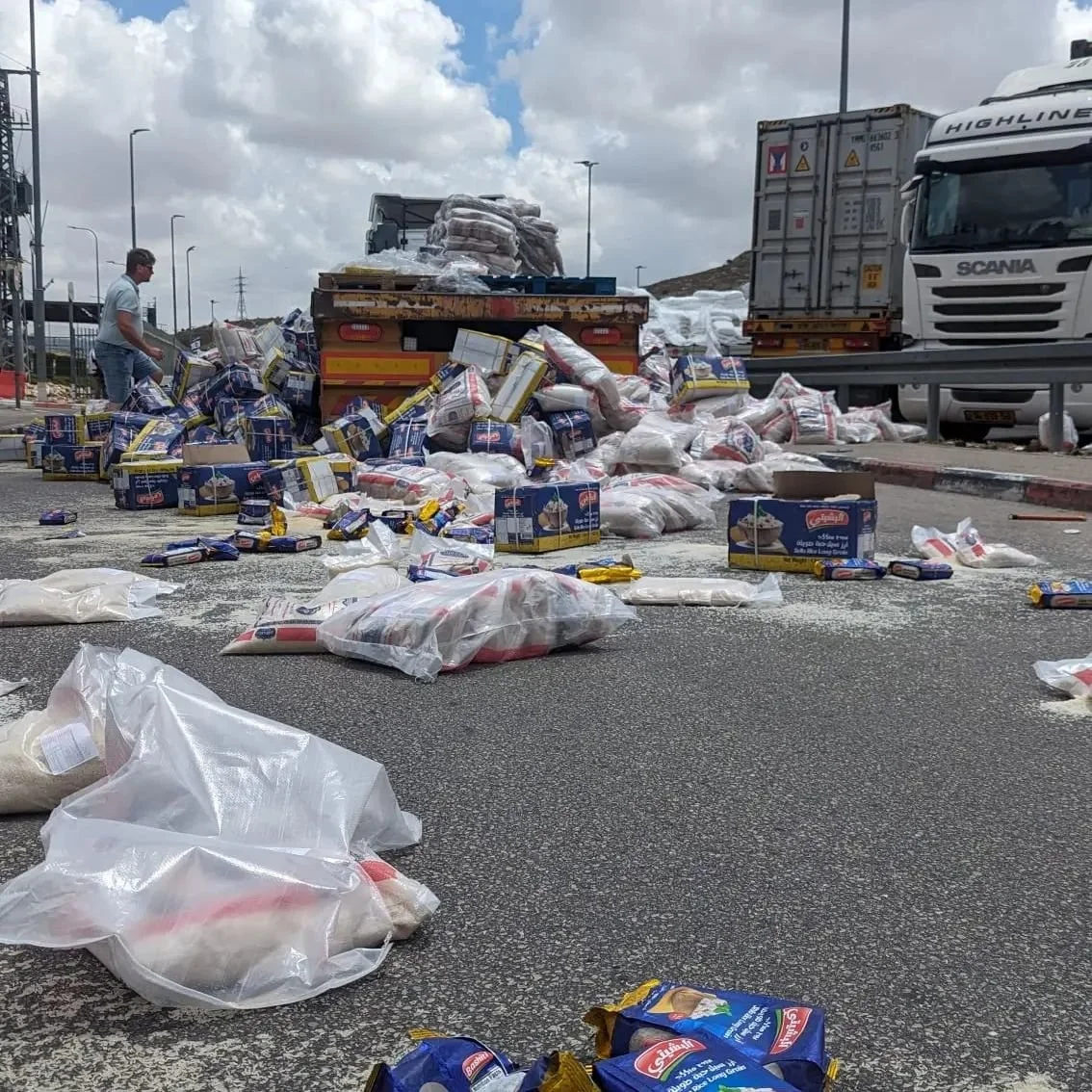
Photo by Yesh Din
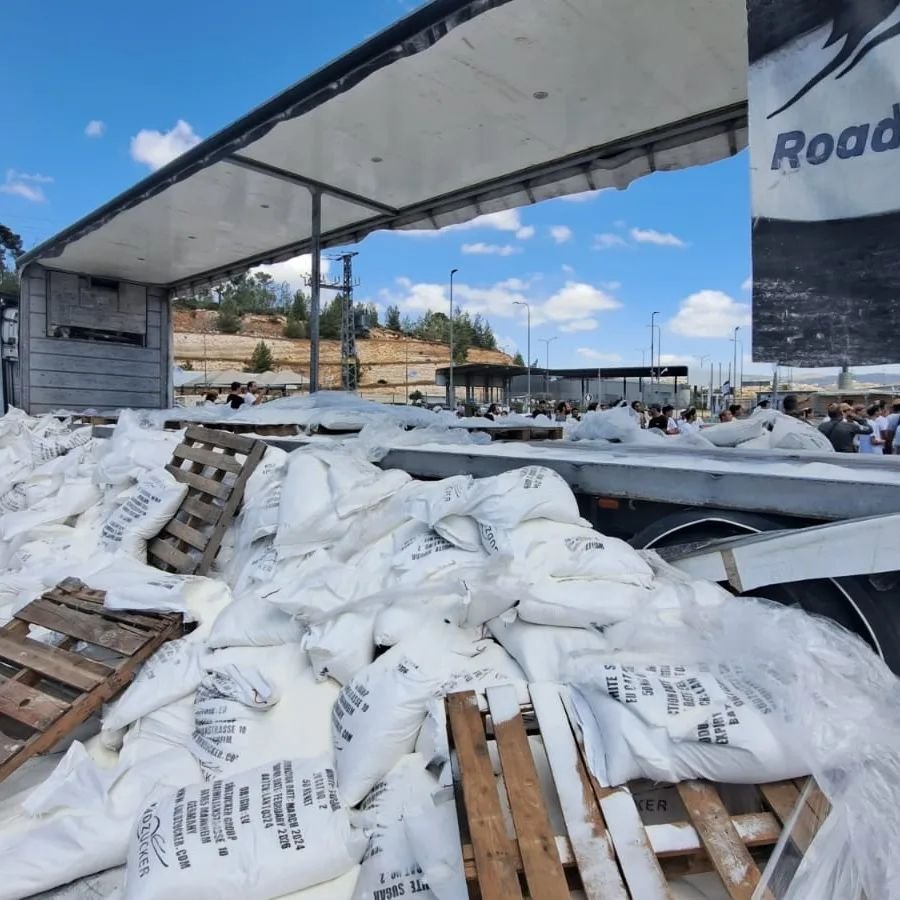
Photo by Yesh Din
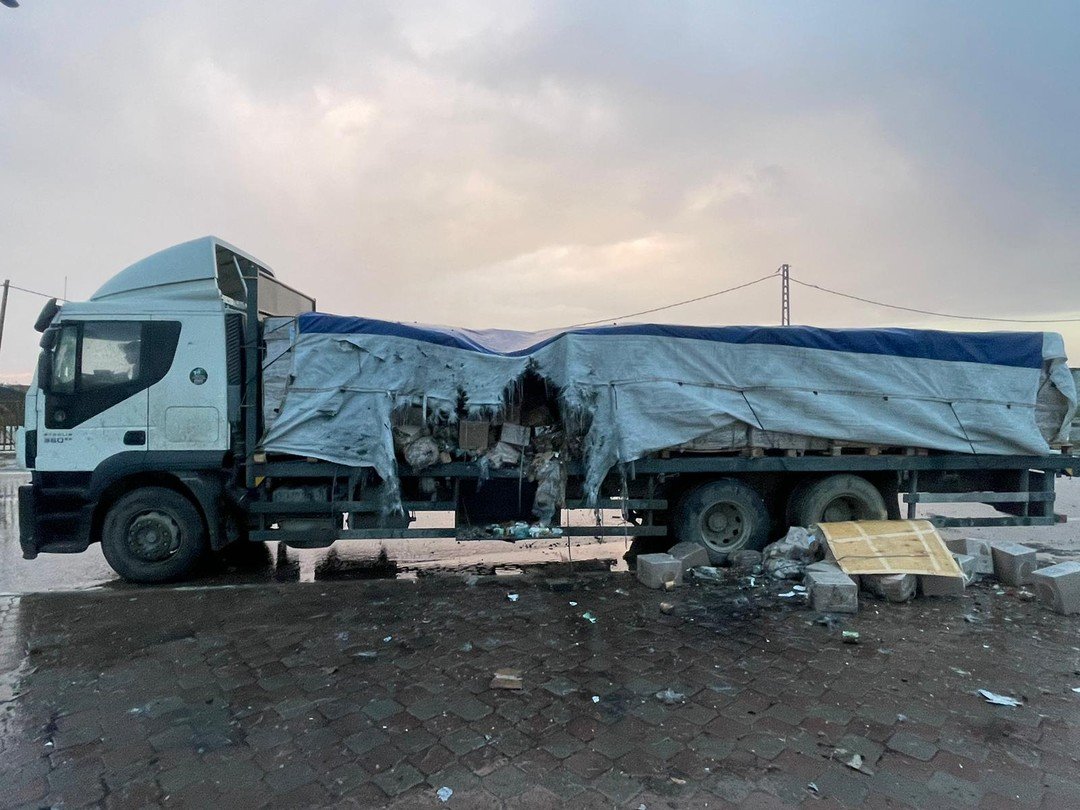
Photo by UNRWA
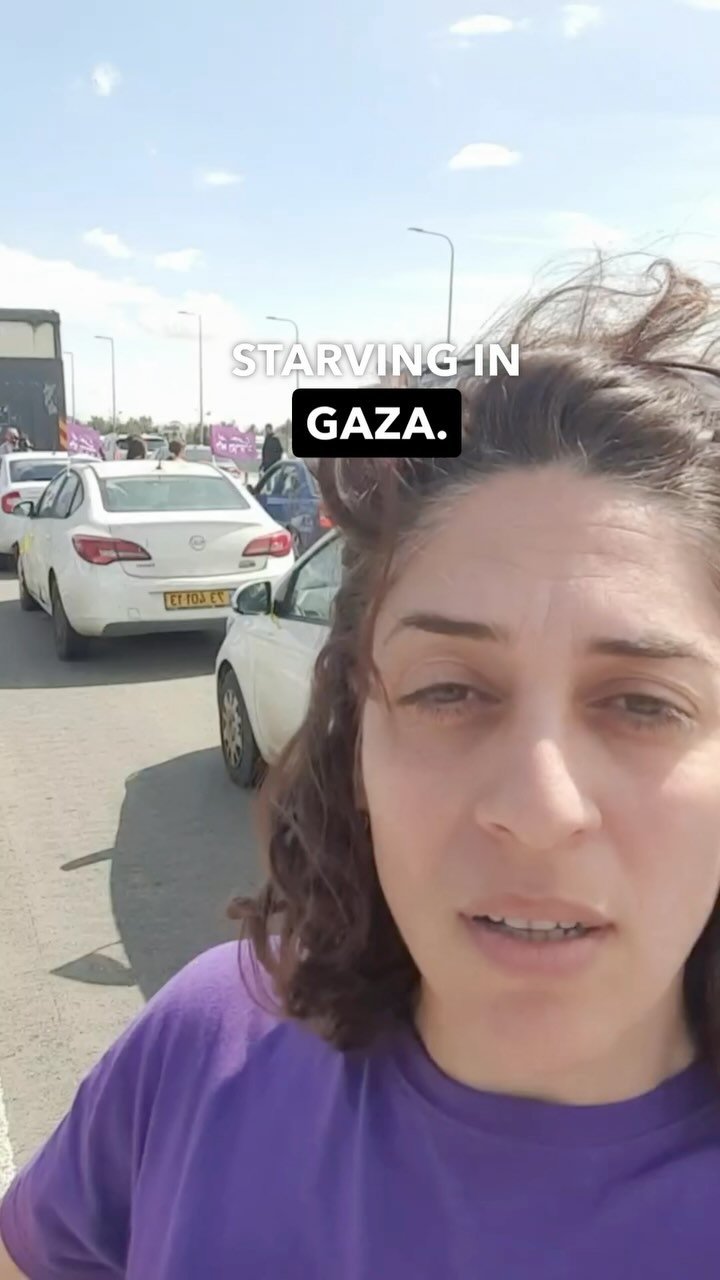
Video by Rula Dawood

Video by Rachel Shoe
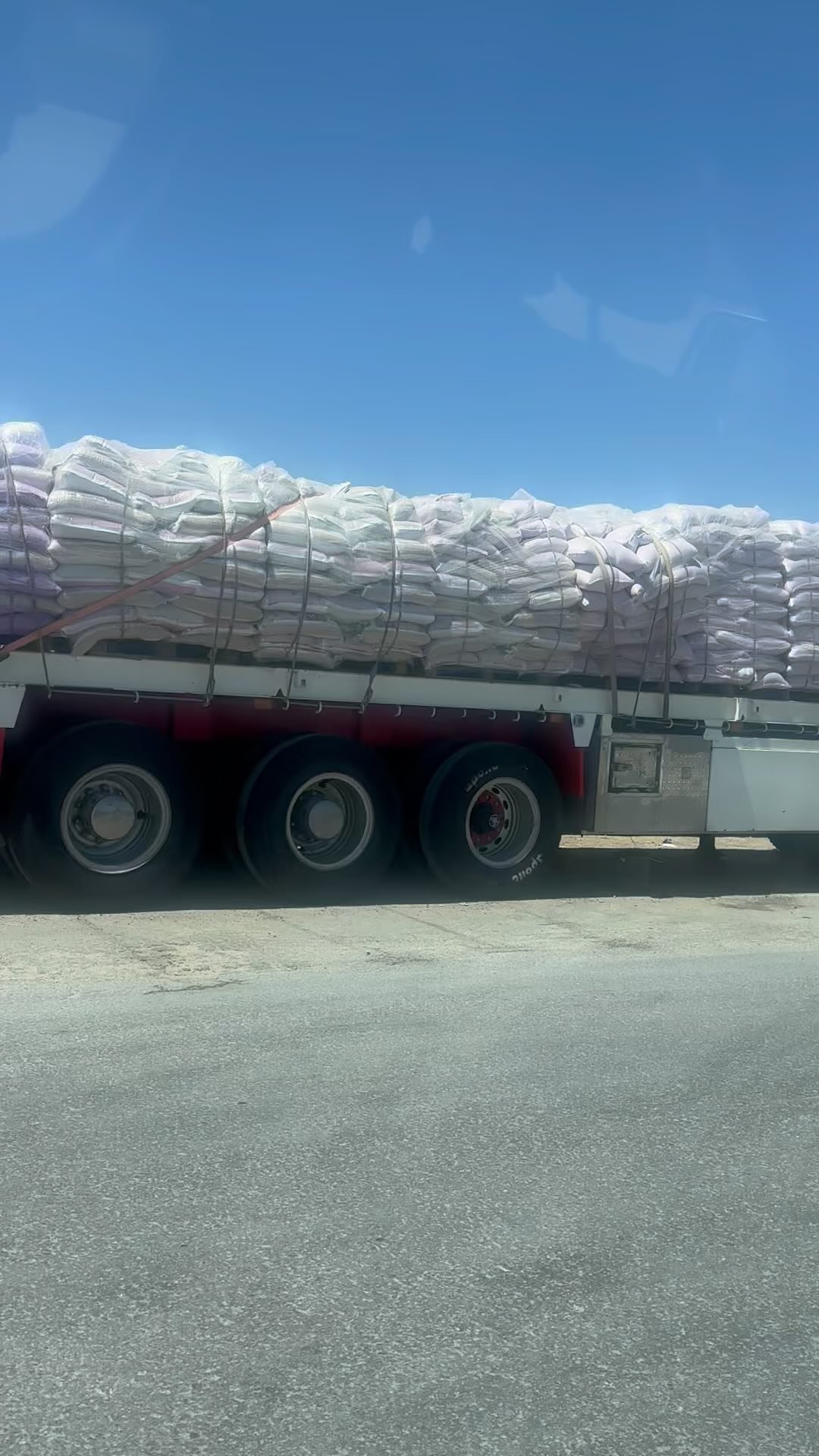
Video by Zena Md Warrior

Video by Glia Equal Care
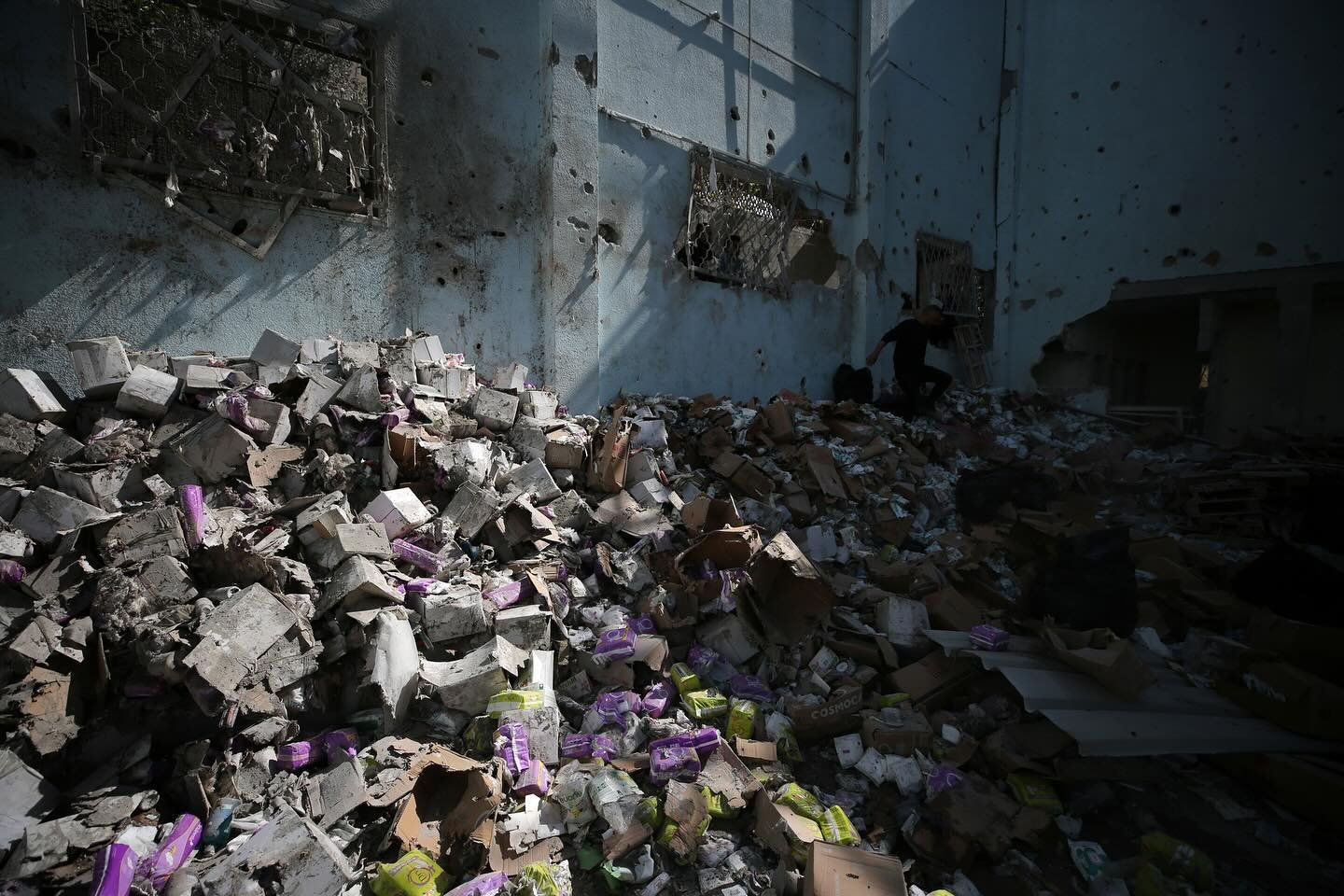
Photo by Yasser Qudih
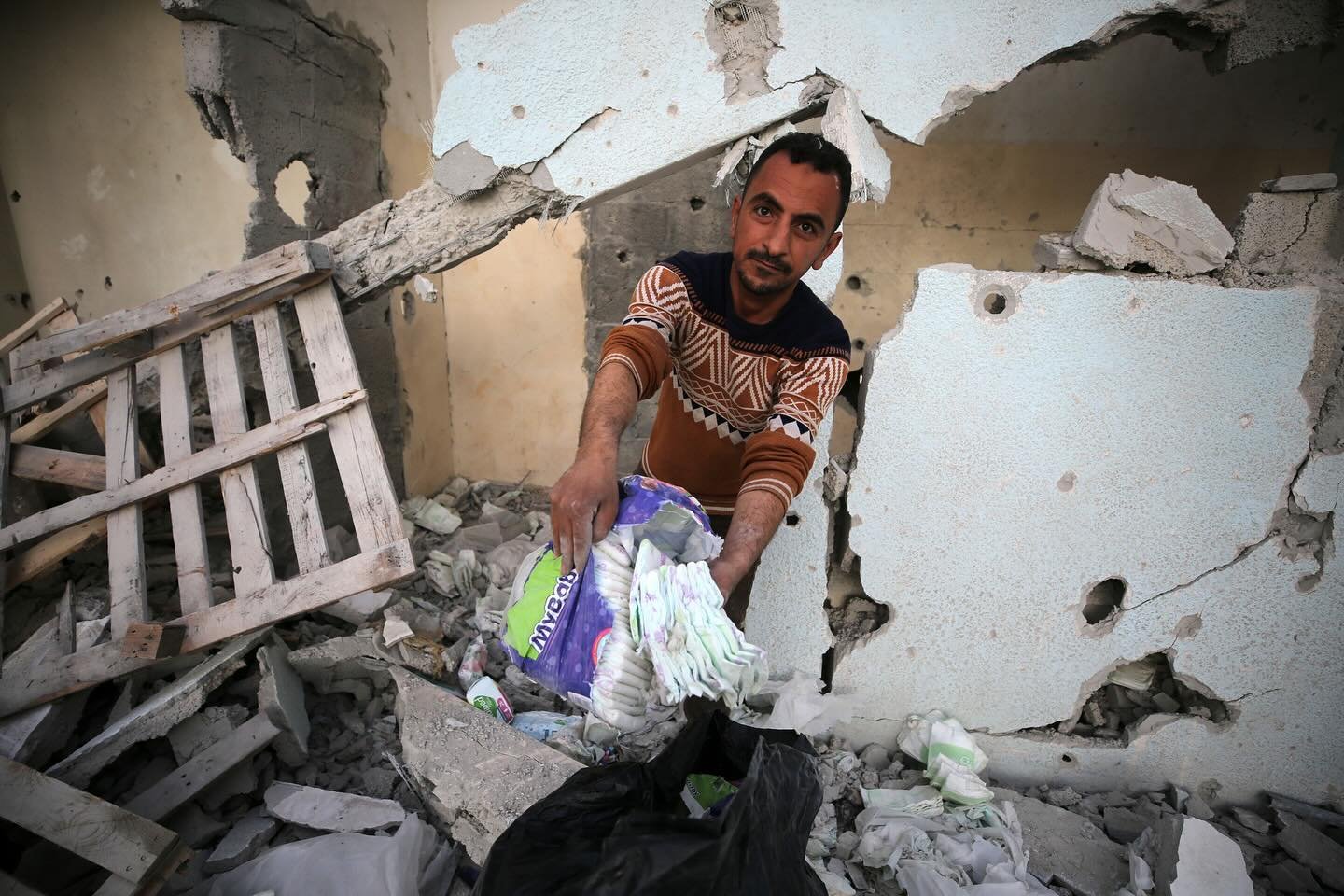
Photo by Yasser Qudih
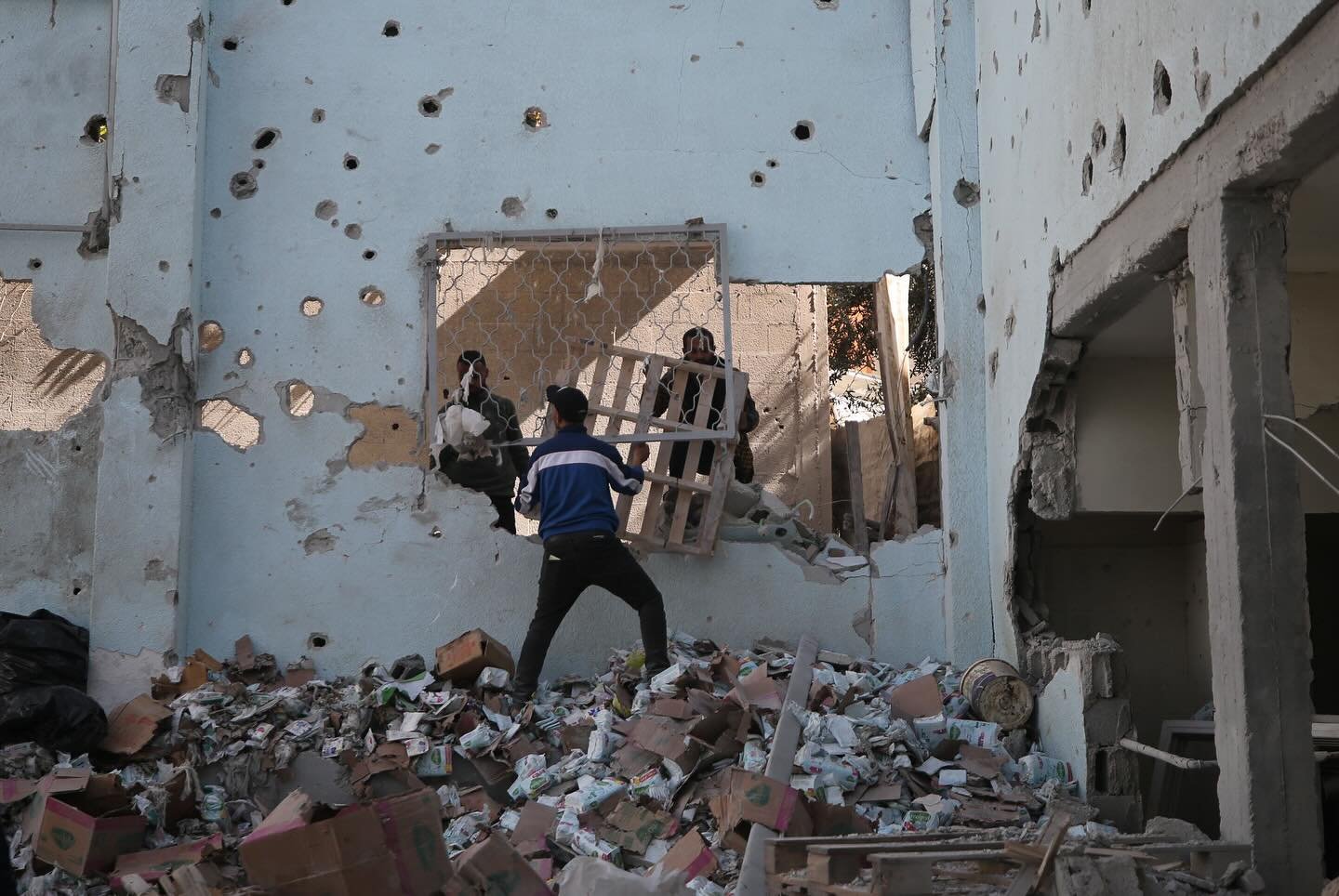
Photo by Yasser Qudih
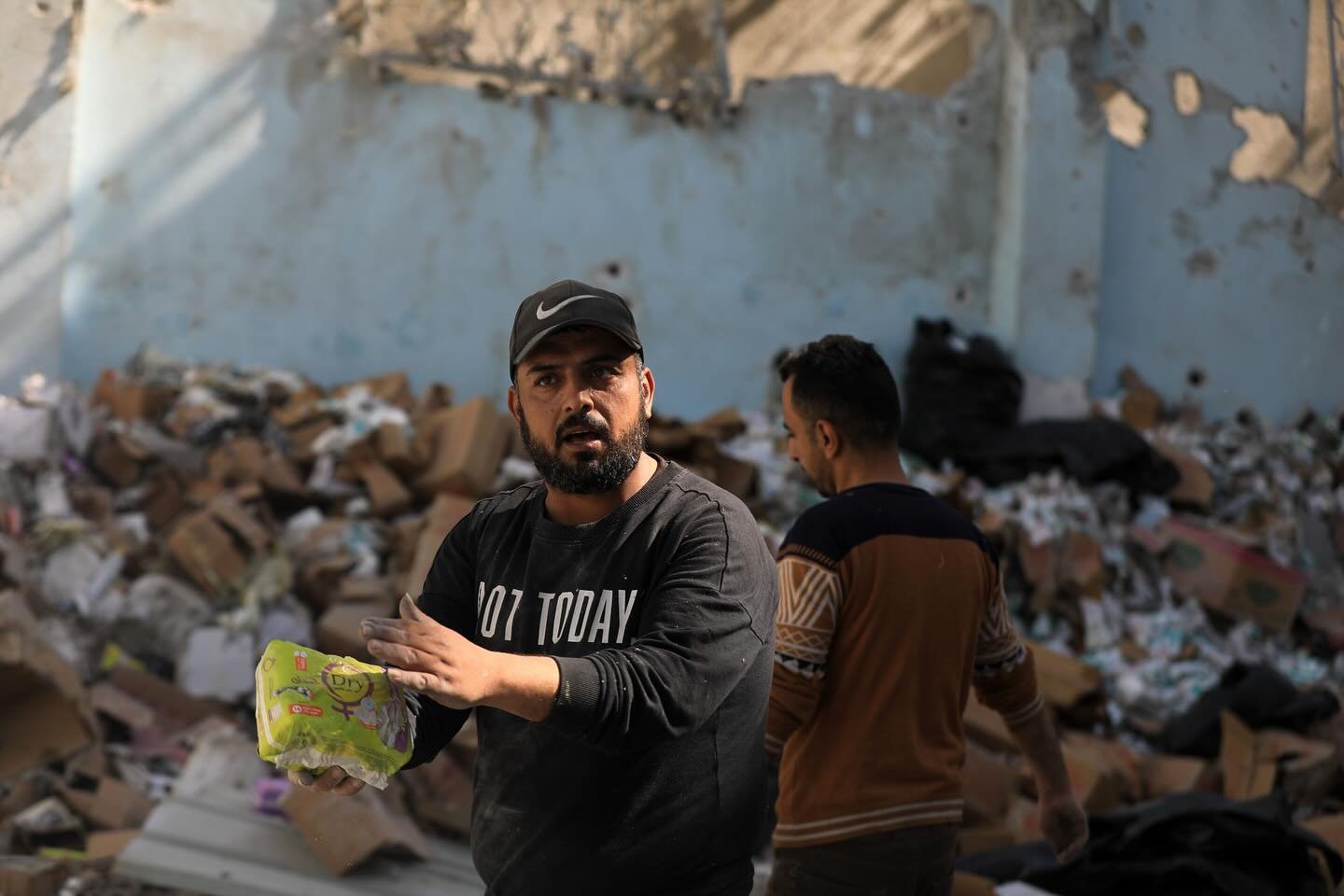
Photo by Yasser Qudih
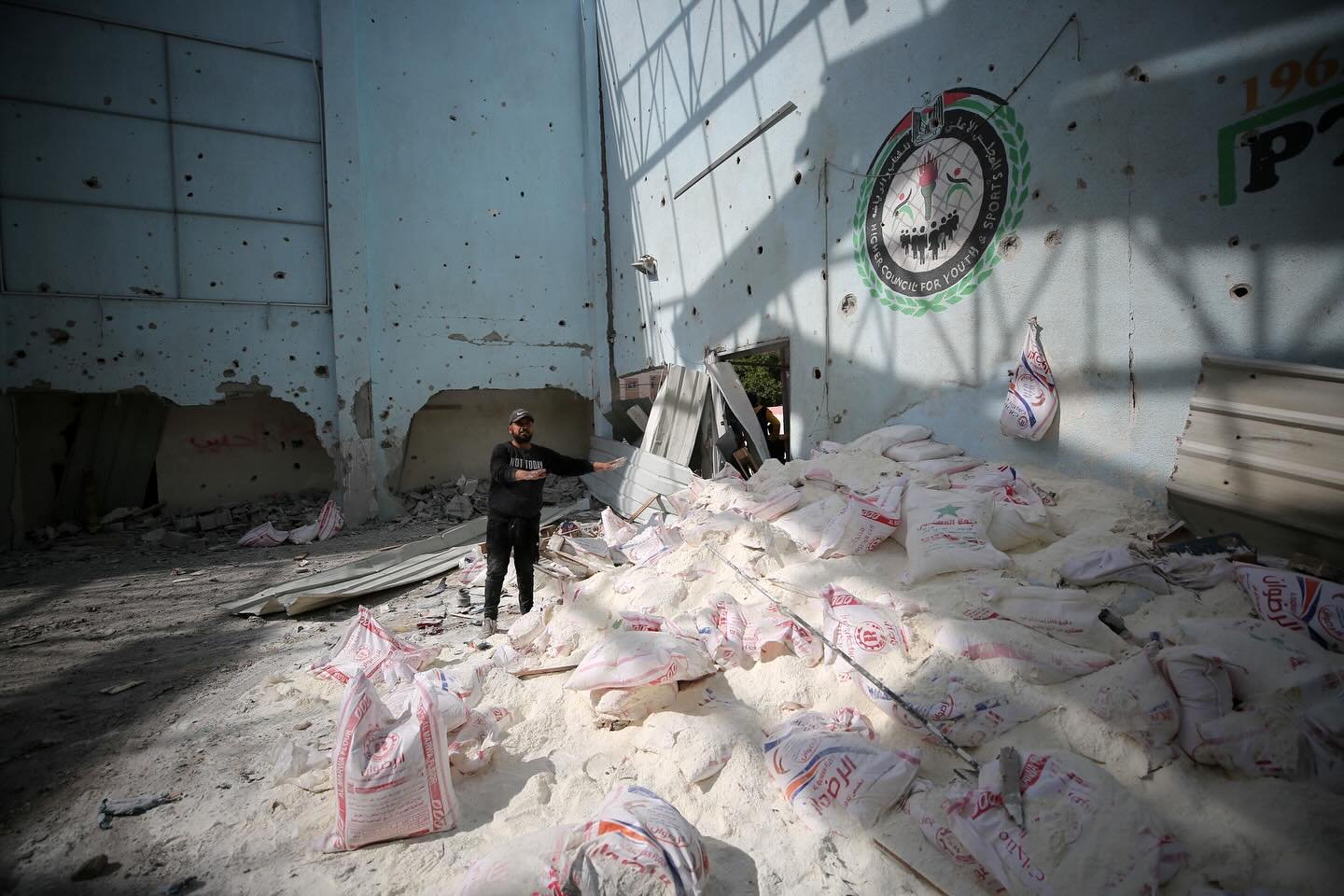
Photo by Yasser Qudih
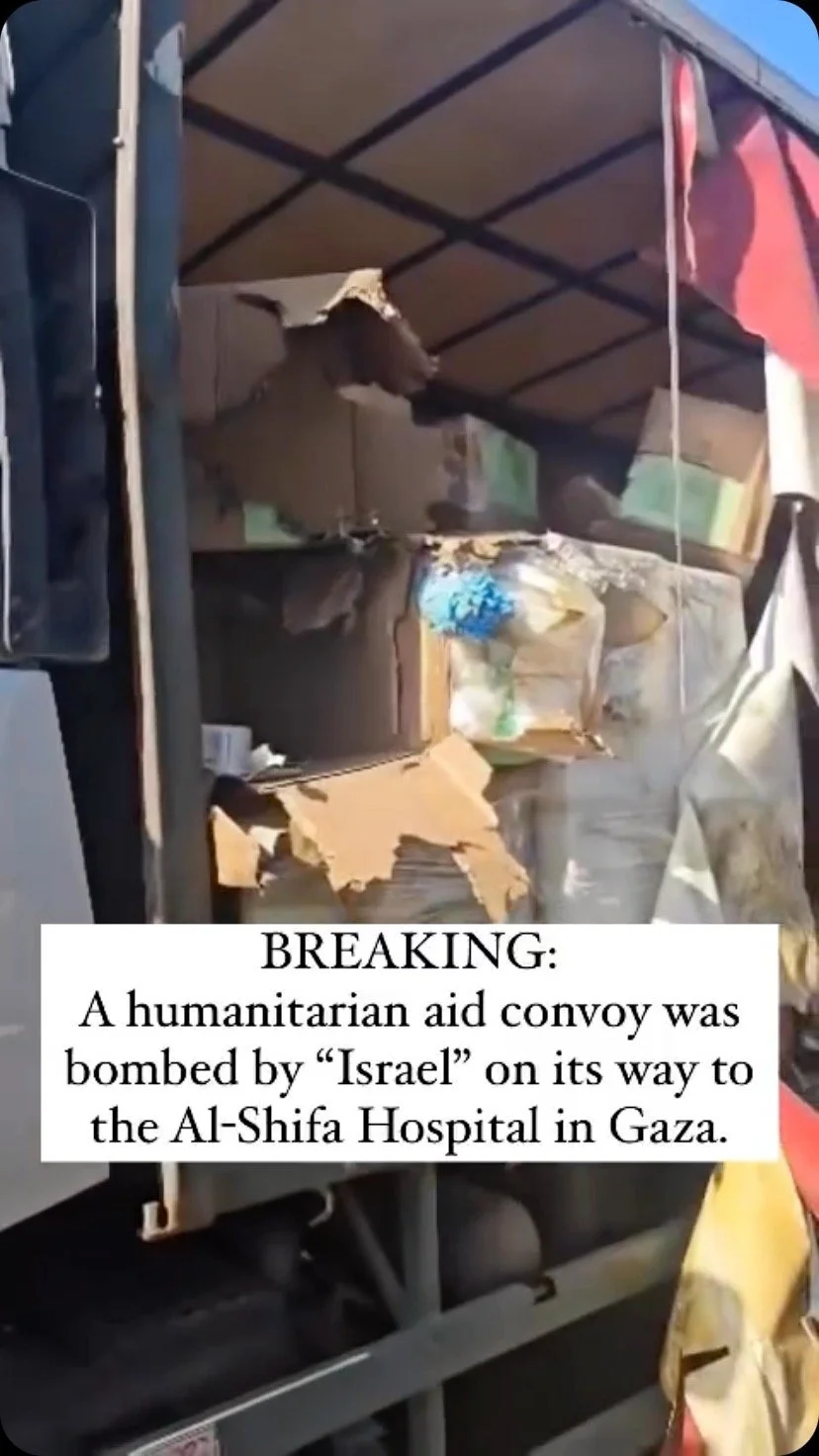
Video by Kaz Parvaiz
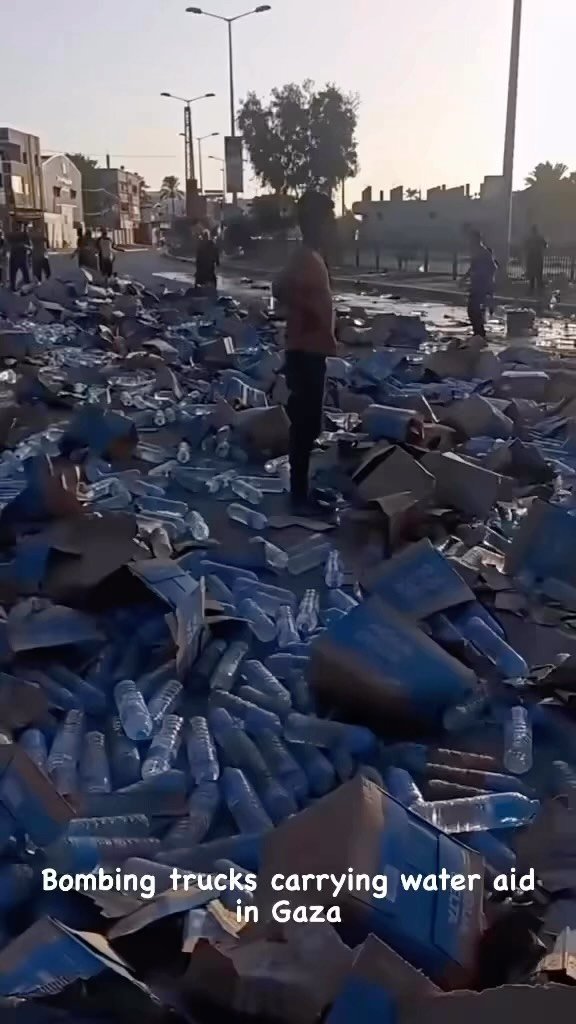
Video by Majdi Fathi
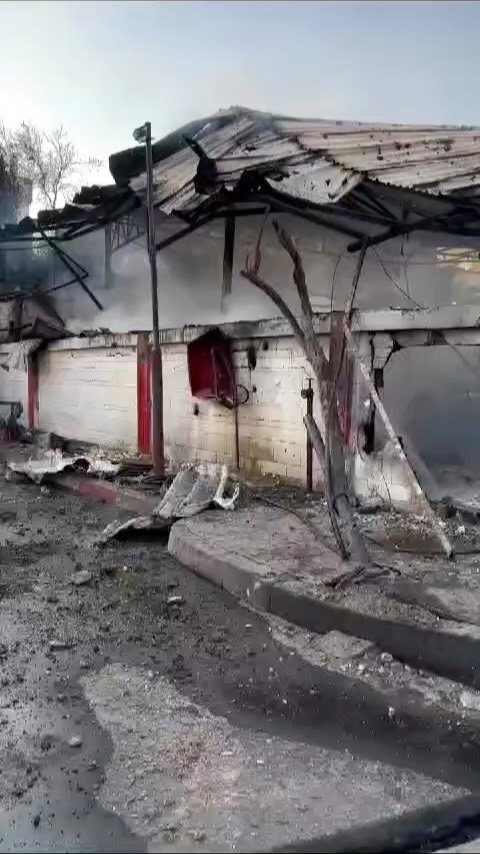
Video by Afaf Ahmed
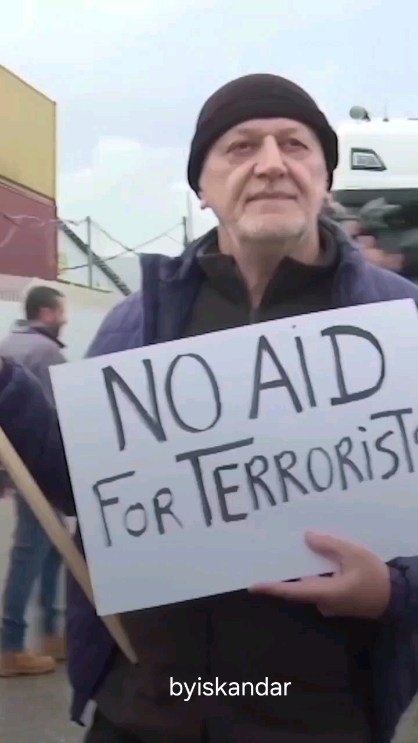
Video by byiskandar_

Video by Wissam Nassar
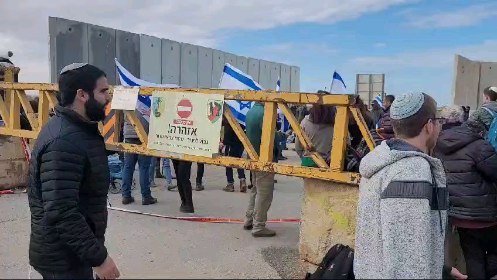
Video by In Tirtzu
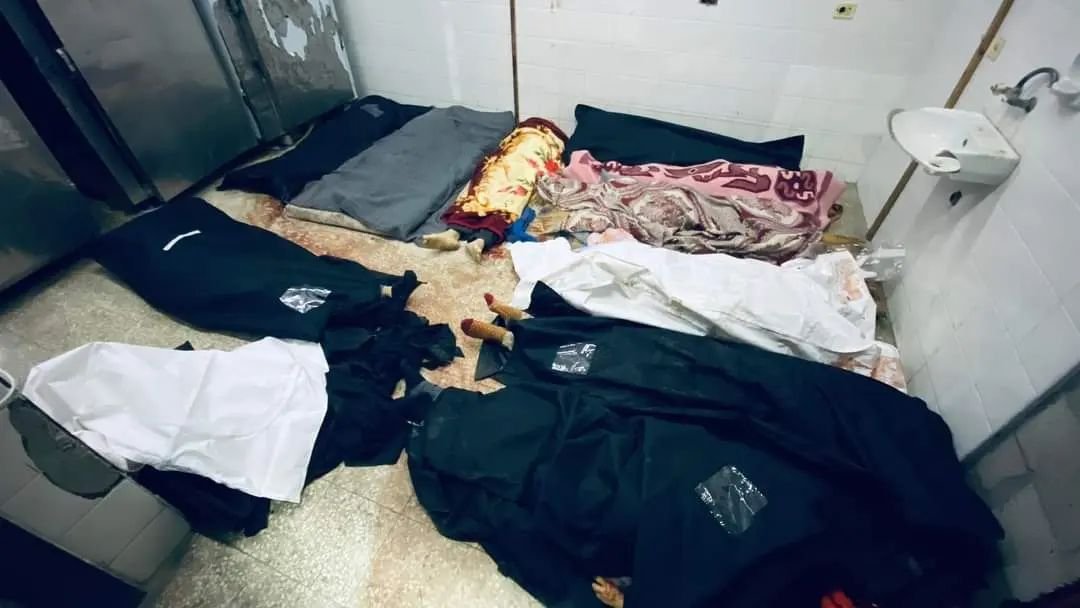
Photo by Muthanna Al-Najjar
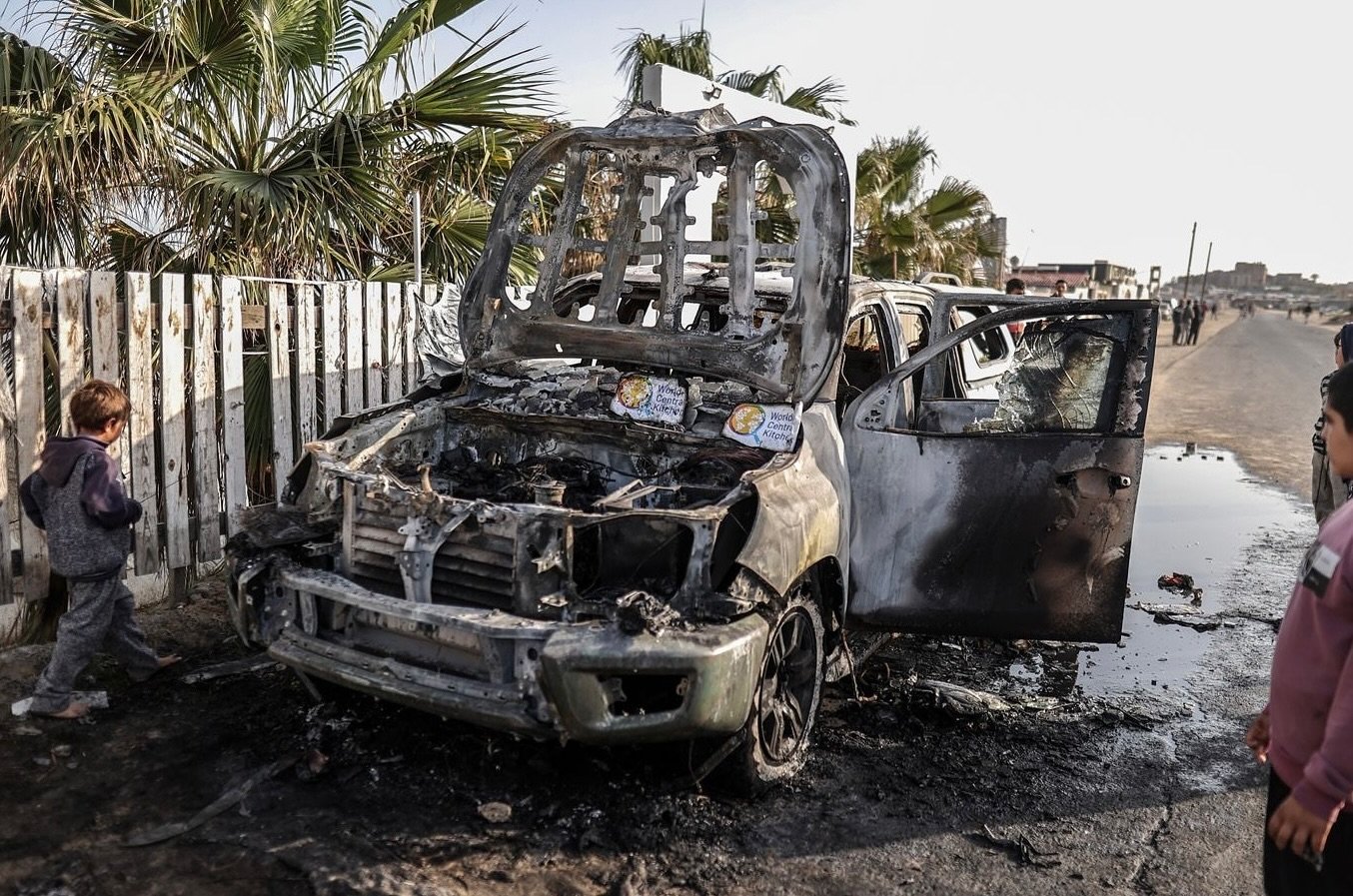
Photo by Ali Jadallah
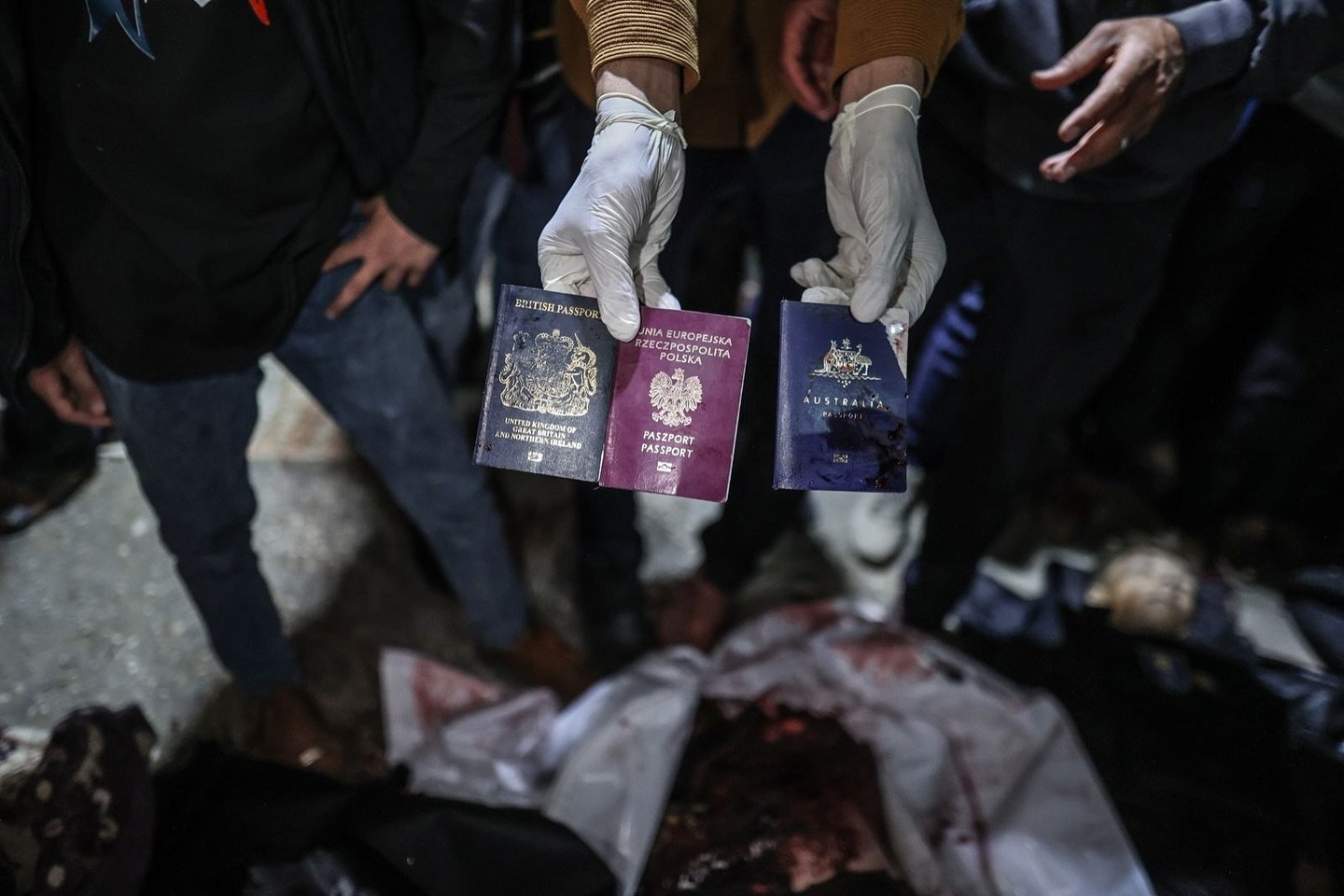
Photo by Ali Jadallah
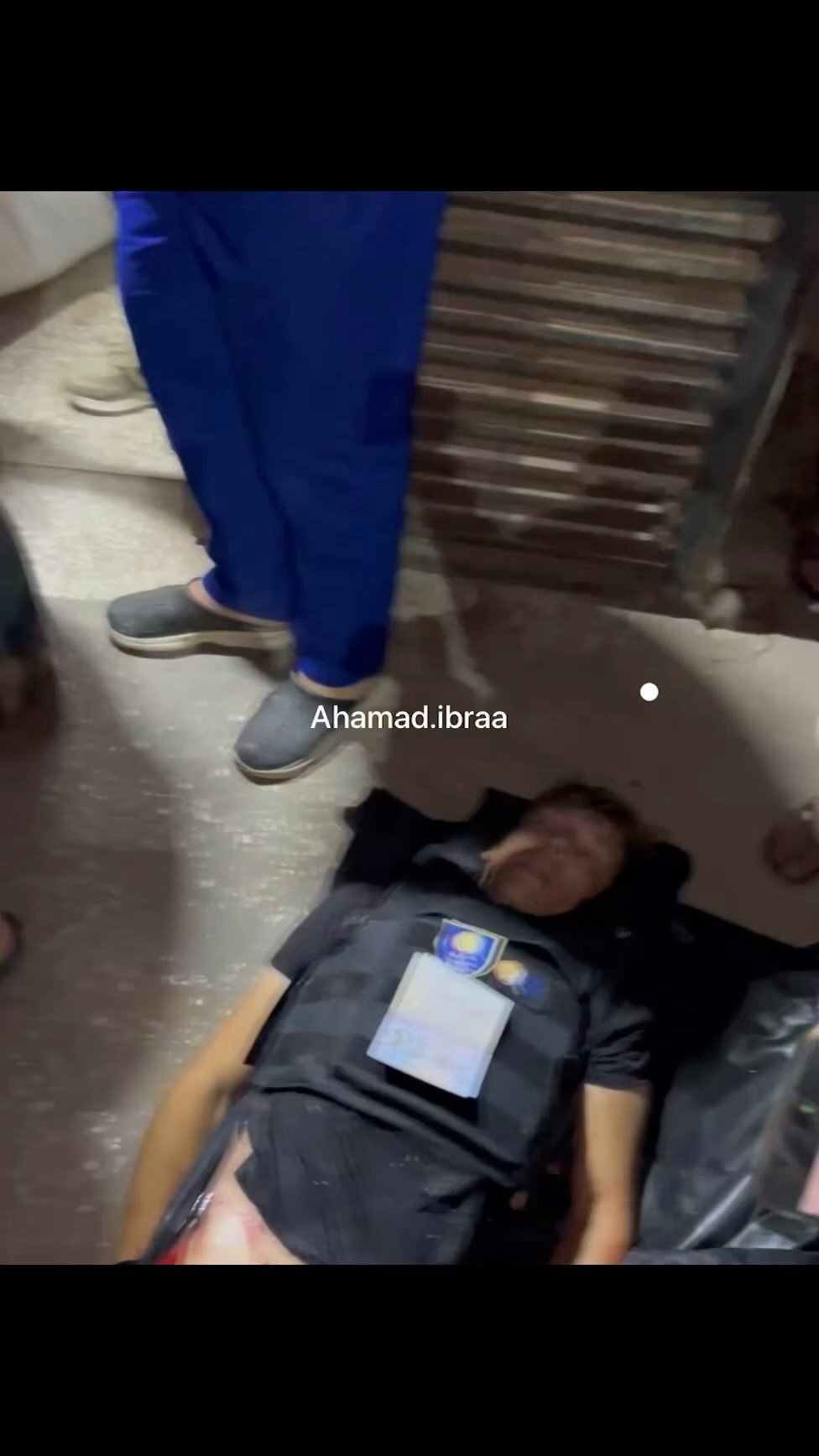
Video by Ibrahim Raida
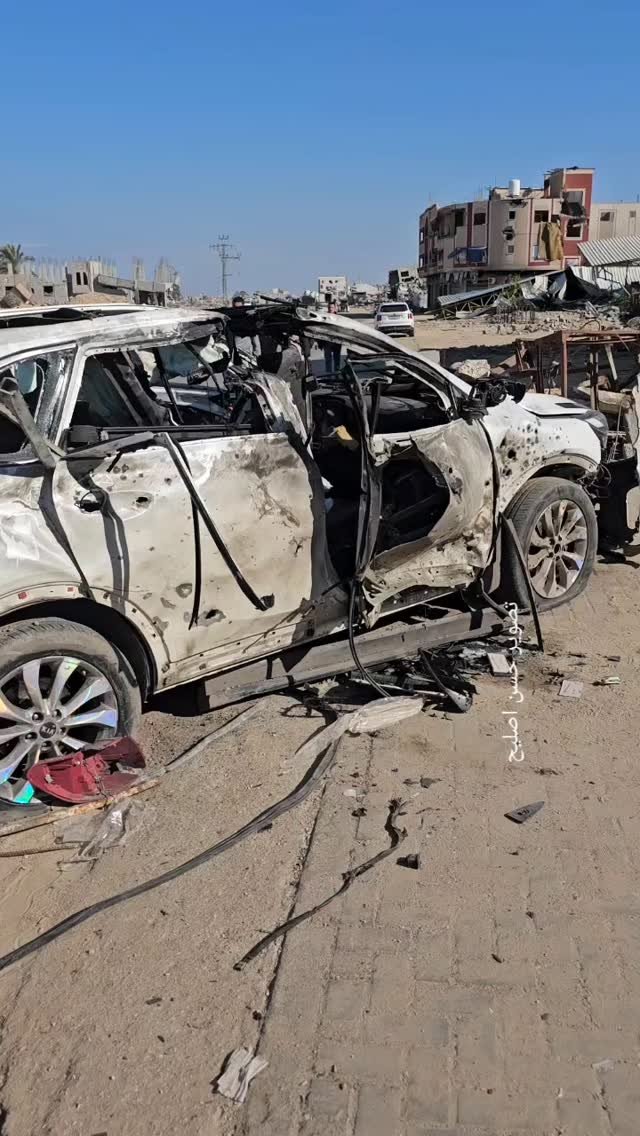
Video by Hassan Eslaih
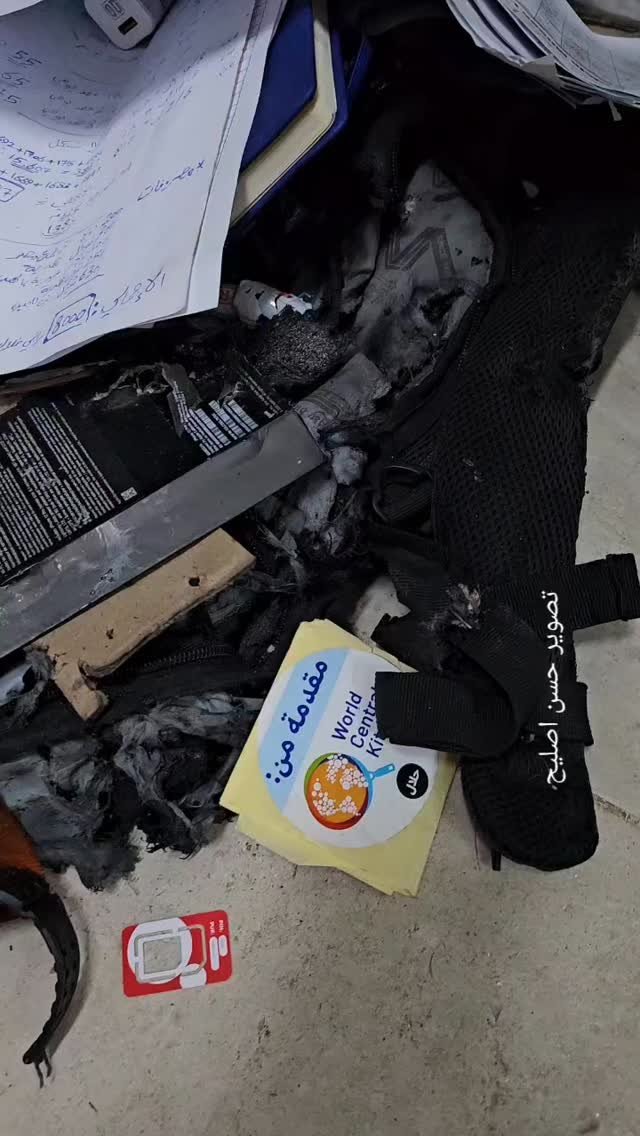
Video by Hassan Eslaih
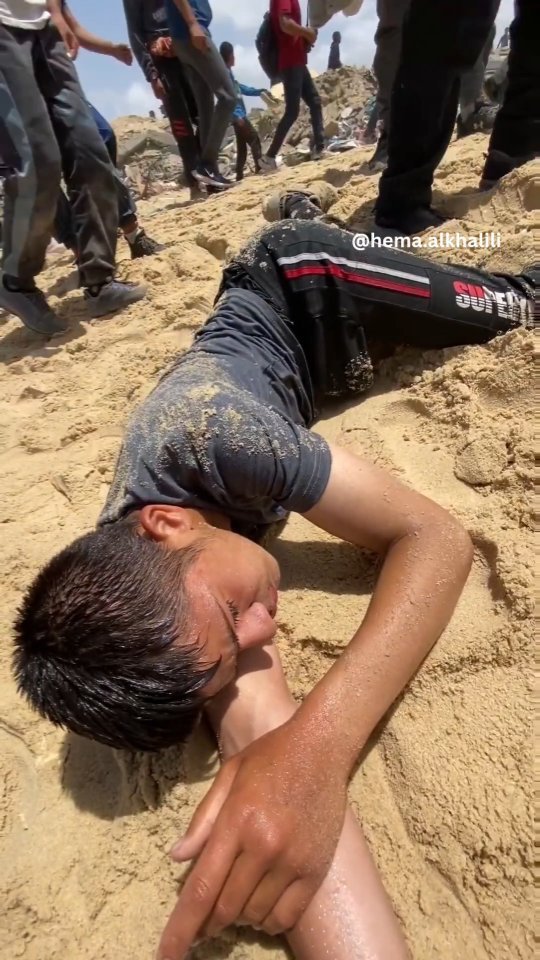
Video by Ibrahim Al-Khalili
Israel has consistently denied accusations of blocking critical aid to Gaza, asserting that it facilitates humanitarian assistance through designated channels. The Israeli government claims that any disruptions in aid delivery are the result of security concerns, such as Hamas’s diversion of resources for military purposes rather than humanitarian needs. Officials maintain that they allow numerous aid shipments to pass through checkpoints, providing necessary supplies while attempting to ensure the safety of their own citizens. Despite these assertions, the international community remains skeptical, questioning the efficacy of the aid process amidst ongoing violence and restrictions. This ongoing tension highlights the complex narrative surrounding aid to Gaza, where geopolitical interests clash with humanitarian imperatives.
The evidence we've gathered paints a stark picture: Israel is systematically obstructing humanitarian aid to Gaza through a range of brutal tactics. Our evidence contains incidents of the deliberate destruction of food supplies and the bombing of key distribution hubs, severely crippling the ability to deliver essential resources. Moreover, the targeting and killing of both local and foreign aid workers add a chilling dimension to this crisis, while the protracted delays in aid shipments and rigorous inspection processes further hinder relief efforts. Most alarmingly, the closure of the Rafah crossing—the crucial lifeline for aid delivery—exemplifies a calculated strategy to ensure that help remains out of reach for those who desperately need it. This systematic blockade underscores a reality of unprecedented suffering and deprivation, raising urgent questions about accountability and the dire need for intervention.
As of October 2023, reports indicate that thousands of people in Gaza have succumbed to starvation amidst the ongoing humanitarian crisis, with estimates suggesting that over 1.5 million remain in a state of acute famine. The relentless blockade and the devastation of essential infrastructure have rendered access to food and clean water nearly impossible for many residents. The consequences are dire: a devastating toll of lives lost and a population teetering on the brink of collapse, underscoring the urgent need for comprehensive humanitarian intervention.
Blocking humanitarian aid is a striking and unacceptable violation of international humanitarian law, fundamentally undermining the critical principles established by the Geneva Conventions and the Rome Statute. These foundational legal frameworks exist specifically to protect vulnerable individuals during armed conflicts, emphasizing the undeniable importance of delivering essential assistance to those in dire need, regardless of their affiliation or background. The Rome Statute clearly delineates war crimes, including the deliberate obstruction of humanitarian relief efforts, while the Geneva Conventions make it abundantly clear that humane treatment must be afforded to all persons caught in conflict. They assert that access to vital aid must never be unjustly restricted or denied. This intentional hindrance not only exacerbates the suffering of innocent civilians but also profoundly erodes the very fabric of international law, which is explicitly designed to safeguard human dignity in times of crisis and turmoil.
The Rome Statute of the International Criminal Court addresses forced starvation and famine in Article 8(2)(b)(xxv). This provision defines the crime of intentionally using starvation of a civilian population as a method of warfare.
Article 8(2)(b)(xxv) states:
Intentionally using starvation of civilians as a method of warfare by depriving them of objects indispensable to their survival, including wilfully preventing the delivery of essential supplies, such as food and medicine, to civilian populations or wilfully depriving them of access to the delivery of such supplies.
Blocking food aid and medical aid sets off a catastrophic chain reaction, plunging civilian populations into widespread famine and death. As food systems become increasingly reliant on advanced technology for efficient distribution, the obstruction of aid tools cripples supply chains, leading to scarcities that ripple throughout communities. Without timely access to medical aid, treatable diseases escalate, leaving vulnerable populations defenseless. The combination of dwindling food resources and decaying health infrastructure creates a perfect storm of suffering, where survival becomes a brutal struggle and entire communities face the grim reality of starvation. This barbaric denial of essential support not only undermines human dignity but also exacerbates social unrest, ultimately eroding the very foundations of society.
Throughout history, the blocking of food and medical aid has often had devastating consequences. Here are notable examples:
The Great Famine in Ireland (1845-1852)
During the Irish Potato Famine, British authorities implemented policies that hindered food aid to the starving population. Despite widespread suffering, exports of food from Ireland continued, and relief efforts were insufficient. The British government's response was characterized by negligence, prioritizing economic interests over humanitarian needs, leading to the deaths of approximately one million people.
The Siege of Leningrad (1941-1944)
In World War II, the Nazi siege of Leningrad resulted in severe shortages of food and medical supplies for the city's residents. The German forces blocked all routes, effectively cutting off assistance. As a result, over a million civilians died from starvation and disease, while attempts to airlift supplies were often thwarted by enemy fire.
The Ethiopian Famine (1983-1985)
During this period, the Ethiopian government, under Mengistu Haile Mariam, restricted food aid from reaching rural populations, fearing that it would benefit rebel groups fighting against the regime. International efforts to provide relief were met with obstruction and misallocation of aid, resulting in the death of an estimated one million people.
The Blockade of Gaza (2007-Present)
Since the Hamas takeover of Gaza, Israel and Egypt have imposed a blockade that severely restricts the flow of food and medical supplies into the territory. This has led to a humanitarian crisis with widespread malnutrition and inadequate medical care. Various international attempts to send aid have been met with significant restrictions and military intervention.
The Syrian Civil War (2011-Present)
Ongoing conflict has seen numerous instances where humanitarian aid, including food and medical supplies, has been blocked by various warring factions. Government forces, as well as ISIS, have besieged rebel-held areas, denying critical supplies to civilians. UN convoys have often faced obstacles, leading to dire humanitarian conditions for millions.
Each of these instances underscores the tragic reality that political and military considerations often take precedence over humanitarian needs, resulting in profound suffering and loss of life.
The arrest warrants issued by the International Criminal Court (ICC) against Israeli Prime Minister Benjamin Netanyahu and Defense Minister Yoav Gallant hinge on serious allegations, including the charge of starvation as a method of warfare. This accusation asserts that their actions, specifically during military operations, have knowingly obstructed essential humanitarian aid and access to vital resources, leading to widespread deprivation among civilians in conflict zones. This chilling charge underscores a blatant disregard for international humanitarian law, painting a stark picture of the consequences faced by those in areas affected by hostilities. The implications of these warrants reflect a critical examination of leadership accountability in times of war, raising profound ethical questions about the balance between military objectives and the protection of human life.
Sarkha Project is currently engaged in the meticulous processing of evidence pertaining to documented incidents of blocking aid to Gaza ; however, we recognize the urgency of your request. Accordingly, we invite you to submit an evidence request in advance. While we are unable to provide immediate access to the processed materials, we assure you that once the analysis is complete and the evidence is validated, we will promptly fulfill your request. This procedure underscores our commitment to ensuring that all disseminated information adheres to our rigorous standards of accuracy and integrity.
The images displayed in the gallery above are not owned by Sarkha Project and are used solely for educational and informational purposes related to the documentation of human rights violations. If you are the copyright holder of any image and wish to have it removed, please contact us directly, and we will promptly address your request. All efforts have been made to credit the respective owners, and we respect all copyright laws.